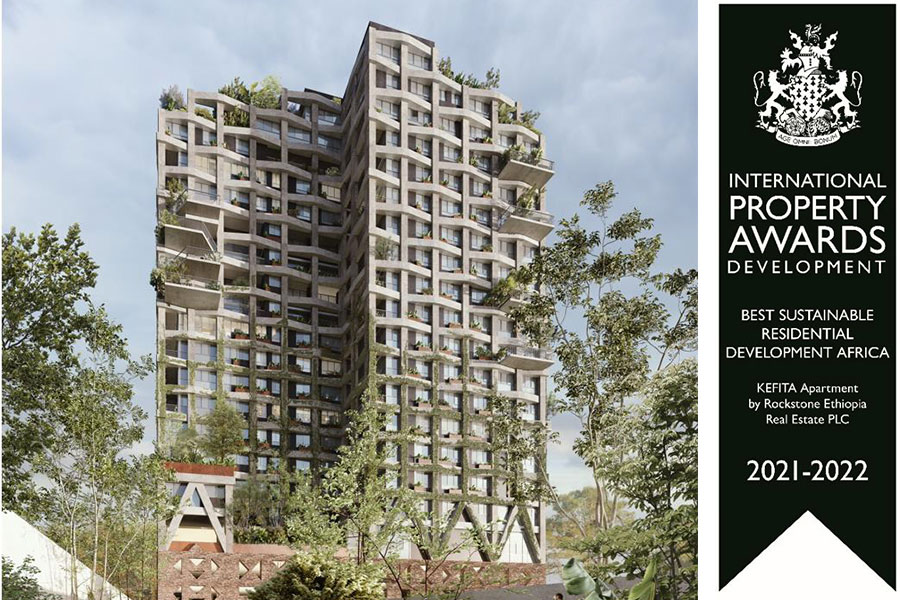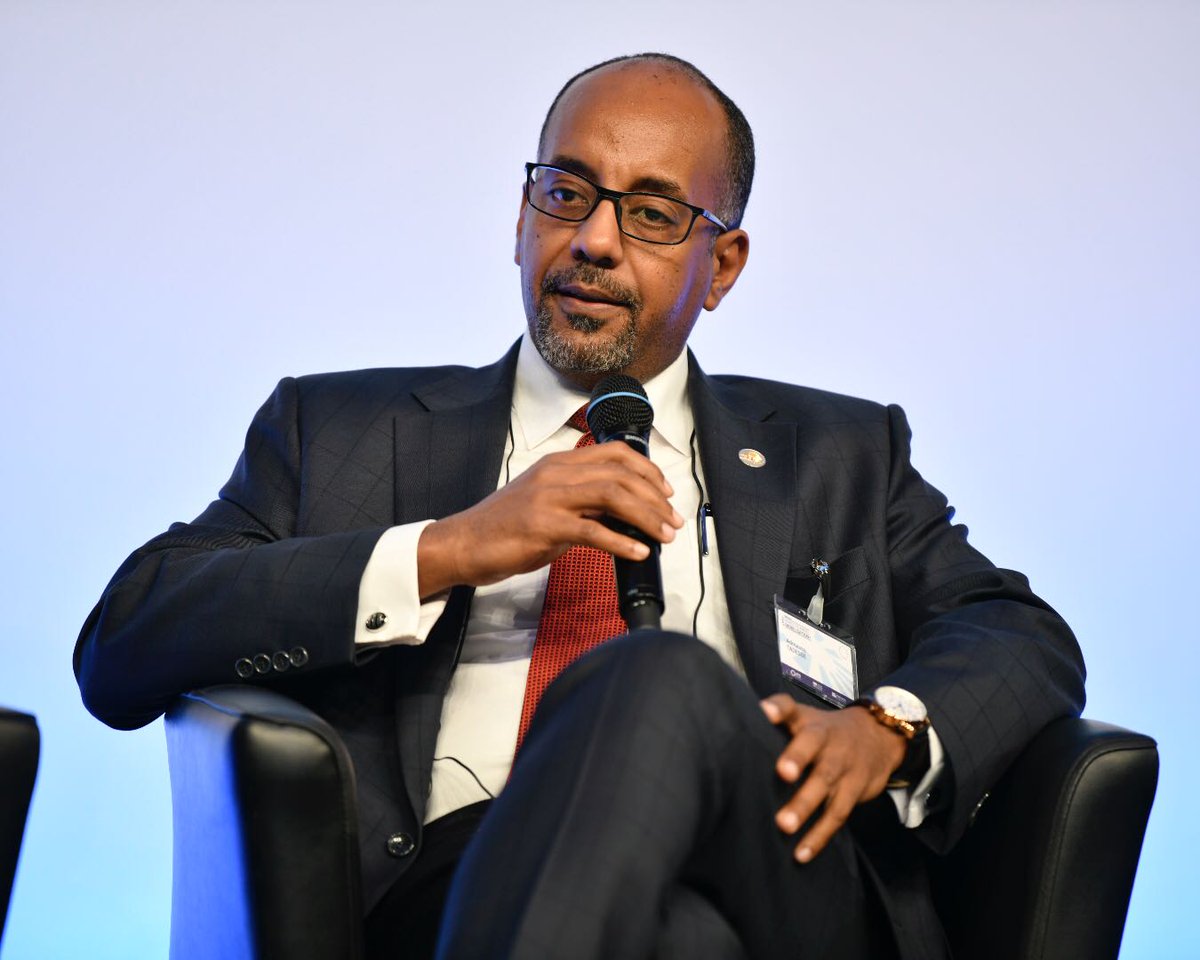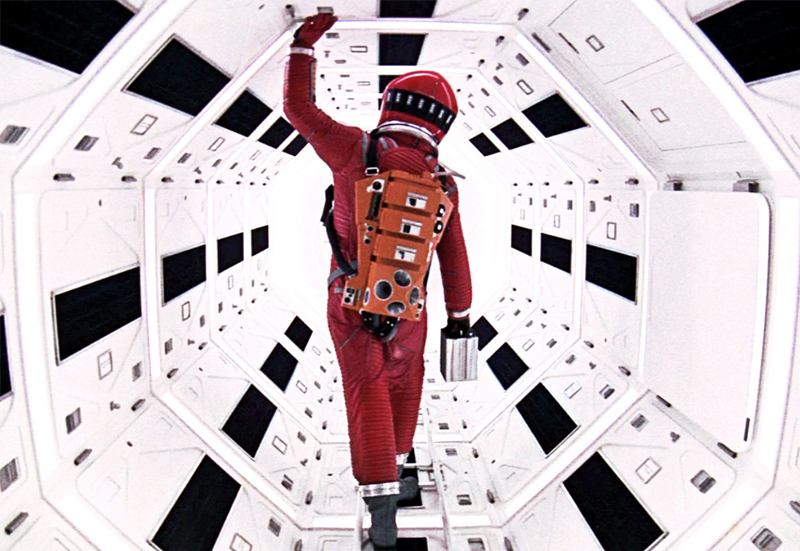
Sponsored Contents | Mar 28,2022
Jun 15 , 2019
By
The Indian elections of 2019 are finally over, and the new government has been in place for a few weeks now. Billed as the world’s largest electoral exercise and comprising approximately 900 million voters and a million polling stations, the polls affected the lives of 1.3 billion Indians for about a month with intense electioneering campaigns, media debates, promises, speculations (and betting as well).
It was indeed a fiercely fought election that facilitated the return of the right-wing government led by Prime Minister Narendra Modi by a huge mandate.
Although the world’s largest democracy, India is a young democracy, having earned freedom from Britain in 1947. The whole election process was planned carefully and executed flawlessly. Not a single eyebrow was raised, even from Western countries who generally take “election observer position” as a given.
Many of the African nations regard India as their brotherly country. The majority of African democracies are young and still grappling with elections marred by violence, inappropriate campaigns and lack of confidence in the electoral system.
Indian elections in this regard can provide some lessons to Africans.
This election brings out a message to politicians that politics is a full-time profession. One cannot be a “me too” politician, hold down a high-paying job at the IMF, AfDB or be a university professor, a businessman or holiday 180 days a year but aspire to contest elections and become a minister.
The electorate today is smart enough to reject politicians if they feel they are not taking them seriously. Only a full-time politician knows what the people want, what they aspire for, and whether she can meet such expectations.
African cabinets are full of intellectuals drawn from multilateral agencies with doctorates who do not pass through the election process but still occupy high chairs via nomination routes and fall short of public service and performance.
The other lesson is that democracy in a developing country is quite different from one prevailing in a developed country. Astute politicians in a developing country should disregard some of what the foreign media and foreign powers are saying about them.
The US claims a perfect democracy but is grappling with “outside influence” in its election. Also, the US media has the habit of bending to please the narrative that suits their masters as well as their pockets.
The same goes for “country intellectuals” who form a minuscule portion of the larger voting population. Great economists like Amartya Sen, an Indian noble laureate, and international banker Raghuram Rajan spent five years of their life explaining to the Indian electorate how the ruling party destroyed the Indian economy. But the Indian electorate was not persuaded by them. So African politicians should also keep in mind that the talking heads on TV may not necessarily influence the voters.
There are lessons for the general population as well. Participation in the democratic process is vital. Make your choices known. This will force both the aspiring and contesting politicians to design and implement schemes that will most benefit you.
Contrary to the “elitist government” tag, Mr Modi’s pet schemes like free toilets under the Clean India campaign, concessional housing, cooking gas connections for women and farm subsidy cash transfers also contributed to the victory.
Lastly, one cannot ignore the role democratic institutions like the Election Commission and the Supreme Court play in the whole process. The Election Commission of India has been doing a fantastic job of planning and managing the electoral process in a vast, diverse country. Its independence has withstood the test of time in this young democracy.
The Supreme Court too rose to the occasion to guard the democratic process. Until the last day of voting and the declaration of results, several issues were raised by intellectuals, urban elites and opposition parties. Both the Election Commission and the Supreme Court of India rose to the occasion and dealt with them promptly.
Unfortunately, in many African countries, these institutions are either toothless, dormant or vulnerable to influence, thus negating the whole election process. Wake up, Africa! Democracy is here to stay. It depends on you, whether it will be a functional democracy.
PUBLISHED ON
Jun 15,2019 [ VOL
20 , NO
998]

Sponsored Contents | Mar 28,2022

Exclusive Interviews | Nov 21,2018

Fortune News | Jul 28,2024

Commentaries | May 31,2025

Commentaries | May 16,2020

My Opinion | Nov 18,2023

Viewpoints | May 04,2025

Films Review | Jul 10,2020

Exclusive Interviews | Jan 22,2022

Radar | Jun 07,2020

Photo Gallery | 179872 Views | May 06,2019

Photo Gallery | 170068 Views | Apr 26,2019

Photo Gallery | 161048 Views | Oct 06,2021

My Opinion | 137222 Views | Aug 14,2021

Dec 22 , 2024 . By TIZITA SHEWAFERAW
Charged with transforming colossal state-owned enterprises into modern and competitiv...

Aug 18 , 2024 . By AKSAH ITALO
Although predictable Yonas Zerihun's job in the ride-hailing service is not immune to...

Jul 28 , 2024 . By TIZITA SHEWAFERAW
Unhabitual, perhaps too many, Samuel Gebreyohannes, 38, used to occasionally enjoy a couple of beers at breakfast. However, he recently swit...

Jul 13 , 2024 . By AKSAH ITALO
Investors who rely on tractors, trucks, and field vehicles for commuting, transporting commodities, and f...

Nov 1 , 2025
The National Bank of Ethiopia (NBE) issued a statement two weeks ago that appeared to...

Oct 25 , 2025
The regulatory machinery is on overdrive. In only two years, no fewer than 35 new pro...

Oct 18 , 2025
The political establishment, notably the ruling party and its top brass, has become p...

Oct 11 , 2025
Ladislas Farago, a roving Associated Press (AP) correspondent, arrived in Ethiopia in...

Nov 2 , 2025
The National Bank of Ethiopia (NBE) has scrapped the credit-growth ceiling that had s...

Nov 2 , 2025 . By SURAFEL MULUGETA
The burgeoning data mining industry is struggling with mounting concerns following th...

Nov 2 , 2025 . By YITBAREK GETACHEW
Berhan Bank has chosen a different route in its pursuit of a new headquarters, opting for a transitional building instea...

Nov 2 , 2025 . By BEZAWIT HULUAGER
Nib International Bank S.C. has found itself at the epicentre of a severe governance...